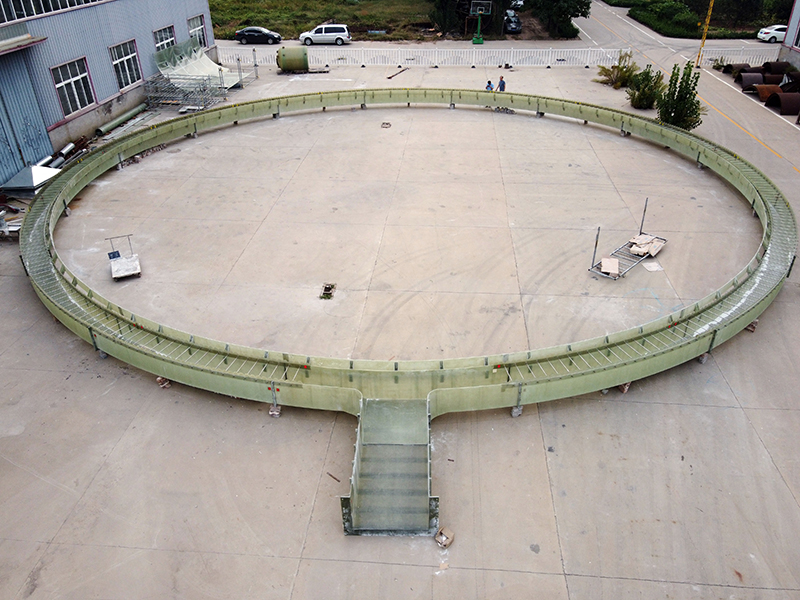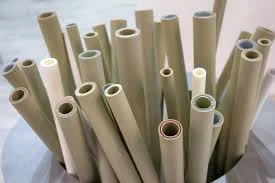
-
 Afrikaans
Afrikaans -
 Albanian
Albanian -
 Amharic
Amharic -
 Arabic
Arabic -
 Armenian
Armenian -
 Azerbaijani
Azerbaijani -
 Basque
Basque -
 Belarusian
Belarusian -
 Bengali
Bengali -
 Bosnian
Bosnian -
 Bulgarian
Bulgarian -
 Catalan
Catalan -
 Cebuano
Cebuano -
 China
China -
 China (Taiwan)
China (Taiwan) -
 Corsican
Corsican -
 Croatian
Croatian -
 Czech
Czech -
 Danish
Danish -
 Dutch
Dutch -
 English
English -
 Esperanto
Esperanto -
 Estonian
Estonian -
 Finnish
Finnish -
 French
French -
 Frisian
Frisian -
 Galician
Galician -
 Georgian
Georgian -
 German
German -
 Greek
Greek -
 Gujarati
Gujarati -
 Haitian Creole
Haitian Creole -
 hausa
hausa -
 hawaiian
hawaiian -
 Hebrew
Hebrew -
 Hindi
Hindi -
 Miao
Miao -
 Hungarian
Hungarian -
 Icelandic
Icelandic -
 igbo
igbo -
 Indonesian
Indonesian -
 irish
irish -
 Italian
Italian -
 Japanese
Japanese -
 Javanese
Javanese -
 Kannada
Kannada -
 kazakh
kazakh -
 Khmer
Khmer -
 Rwandese
Rwandese -
 Korean
Korean -
 Kurdish
Kurdish -
 Kyrgyz
Kyrgyz -
 Lao
Lao -
 Latin
Latin -
 Latvian
Latvian -
 Lithuanian
Lithuanian -
 Luxembourgish
Luxembourgish -
 Macedonian
Macedonian -
 Malgashi
Malgashi -
 Malay
Malay -
 Malayalam
Malayalam -
 Maltese
Maltese -
 Maori
Maori -
 Marathi
Marathi -
 Mongolian
Mongolian -
 Myanmar
Myanmar -
 Nepali
Nepali -
 Norwegian
Norwegian -
 Norwegian
Norwegian -
 Occitan
Occitan -
 Pashto
Pashto -
 Persian
Persian -
 Polish
Polish -
 Portuguese
Portuguese -
 Punjabi
Punjabi -
 Romanian
Romanian -
 Russian
Russian -
 Samoan
Samoan -
 Scottish Gaelic
Scottish Gaelic -
 Serbian
Serbian -
 Sesotho
Sesotho -
 Shona
Shona -
 Sindhi
Sindhi -
 Sinhala
Sinhala -
 Slovak
Slovak -
 Slovenian
Slovenian -
 Somali
Somali -
 Spanish
Spanish -
 Sundanese
Sundanese -
 Swahili
Swahili -
 Swedish
Swedish -
 Tagalog
Tagalog -
 Tajik
Tajik -
 Tamil
Tamil -
 Tatar
Tatar -
 Telugu
Telugu -
 Thai
Thai -
 Turkish
Turkish -
 Turkmen
Turkmen -
 Ukrainian
Ukrainian -
 Urdu
Urdu -
 Uighur
Uighur -
 Uzbek
Uzbek -
 Vietnamese
Vietnamese -
 Welsh
Welsh -
 Bantu
Bantu -
 Yiddish
Yiddish -
 Yoruba
Yoruba -
 Zulu
Zulu
Feb . 11, 2025 13:39
Back to list
rectangular tank made of fiberglass material
Rectangular fiberglass tanks have revolutionized storage and processing across numerous industries, standing out due to their durability, versatility, and resistance to a range of environmental factors. Fiberglass, or fiber-reinforced plastic (FRP), offers an unparalleled combination of strength and lightness, making it an ideal material for constructing rectangular tanks used in various applications, from chemical storage to aquaculture.
Authoritativeness in the field of fiberglass tank manufacturing is demonstrated by adherence to industry standards and certifications. Reputable manufacturers of rectangular fiberglass tanks comply with international regulations such as ISO certification, NSF standards for potable water, and ASME RTP-1 for reinforced thermoset plastic corrosion-resistant equipment. By meeting these standards, manufacturers ensure that their products are recognized for their quality and reliability. This authority extends to the engineering and design teams that focus on developing innovative solutions tailored to meet the evolving needs of industries that rely on fiberglass tanks. Trustworthiness is another critical component of the reputation enjoyed by manufacturers of rectangular fiberglass tanks. Ensuring customer trust involves providing comprehensive warranties that cover aspects such as structural integrity and resistance to environmental factors. Additionally, offering after-sales support and consultations helps build long-term relationships with customers, assuring them of ongoing service and assistance. By demonstrating commitment to product excellence and customer satisfaction, manufacturers cement their position as trustworthy partners in industrial storage and process solutions. In practical application, rectangular fiberglass tanks are increasingly utilized in wastewater treatment plants, aquaculture farms, and for storing a variety of chemical solutions. Their ability to be produced in various sizes and configurations makes them suitable for both small-scale operations and large industrial facilities. The tanks' lightweight nature simplifies installation, reducing labor costs and installation time compared to heavier alternatives. Furthermore, the aesthetic flexibility of fiberglass allows tanks to be customized in ways that align with branding or environmental blending. In conclusion, rectangular fiberglass tanks offer a unique combination of durability, versatility, and reliability, backed by the expertise and trustworthiness of experienced manufacturers. Their adoption in diverse industries underscores their functional advantages and cost-effectiveness. As industries continue to seek more efficient and sustainable materials, fiberglass stands out as a leading choice for meeting modern storage and processing demands.


Authoritativeness in the field of fiberglass tank manufacturing is demonstrated by adherence to industry standards and certifications. Reputable manufacturers of rectangular fiberglass tanks comply with international regulations such as ISO certification, NSF standards for potable water, and ASME RTP-1 for reinforced thermoset plastic corrosion-resistant equipment. By meeting these standards, manufacturers ensure that their products are recognized for their quality and reliability. This authority extends to the engineering and design teams that focus on developing innovative solutions tailored to meet the evolving needs of industries that rely on fiberglass tanks. Trustworthiness is another critical component of the reputation enjoyed by manufacturers of rectangular fiberglass tanks. Ensuring customer trust involves providing comprehensive warranties that cover aspects such as structural integrity and resistance to environmental factors. Additionally, offering after-sales support and consultations helps build long-term relationships with customers, assuring them of ongoing service and assistance. By demonstrating commitment to product excellence and customer satisfaction, manufacturers cement their position as trustworthy partners in industrial storage and process solutions. In practical application, rectangular fiberglass tanks are increasingly utilized in wastewater treatment plants, aquaculture farms, and for storing a variety of chemical solutions. Their ability to be produced in various sizes and configurations makes them suitable for both small-scale operations and large industrial facilities. The tanks' lightweight nature simplifies installation, reducing labor costs and installation time compared to heavier alternatives. Furthermore, the aesthetic flexibility of fiberglass allows tanks to be customized in ways that align with branding or environmental blending. In conclusion, rectangular fiberglass tanks offer a unique combination of durability, versatility, and reliability, backed by the expertise and trustworthiness of experienced manufacturers. Their adoption in diverse industries underscores their functional advantages and cost-effectiveness. As industries continue to seek more efficient and sustainable materials, fiberglass stands out as a leading choice for meeting modern storage and processing demands.
Related Products









